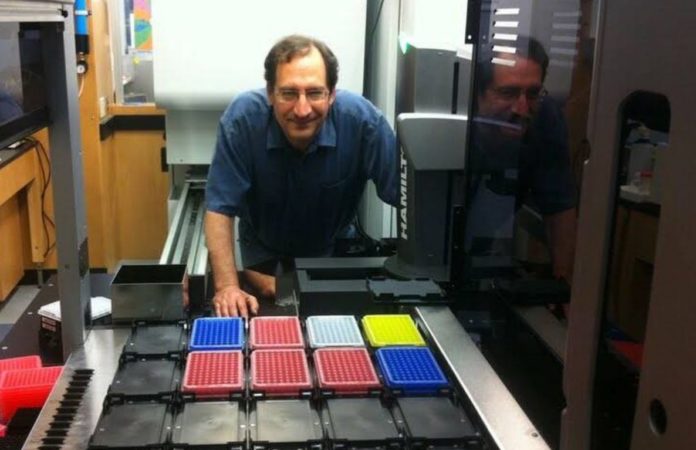A group of US researchers has designed a new drug development approach capable of precisely assessing over 11 billion distinct substances. They claim that by doing so, they will be able to develop treatments that are more suited to our bodies and have fewer side effects.
Our bodies’ cells have receptors on their surfaces to which a number of chemicals, such as caffeine or THC, the active element in marijuana, bind. Some of these receptors are connected to G proteins and are the target of more than 30 percent of currently marketed prescription drugs. Pharmacists must understand the specific chemical structure of medicine as well as the receiver in order to induce the correct chemical reaction within cells. However, these medications can sometimes reach receptors other than the primary target, resulting in well-known side effects.
“What we need are more precise and less harmful treatments that are just as effective,” says Dr. Bryan L. Roth, professor of Pharmacology at the University of North Carolina (UNC). But that process is neither easy nor cheap. “In the past, scientists would test molecules in a one-by-one fashion against a therapeutic target in a lengthy and expensive operation.”
So far, researchers have used virtual libraries of molecules and software that allows them to test hundreds of thousands of them at simultaneously. The algorithm first searches the database for chemicals that can theoretically be synthesized and that can theoretically bind to a specific biological receptor. Before physically manufacturing the medicine, researchers can utilize algorithms to optimize the structure of a molecule.
According to the experts, there are billions and billions of possible chemical combinations that might result in the formation of an almost endless number of potential compounds or medications. They admit that the great majority of them never get to study.
“Unfortunately, chemical space is vast,” adds Roth. “It has been estimated that there exists, theoretically, more chemicals than there are actual molecules in the universe. And only a small sliver of the potential chemicals can be physically tested.”
A new method for creating medicines
V-Synthes, a novel sort of computational approach invented by USC doctor Vsevolod Katritch, was created by Roth and a multidisciplinary group of researchers from various US university centers. This strategy differs from the previous one in that it allows scientists to first determine the optimum combinations of components that allow them to construct molecules that are more suited to receptors.
“This approach allows researchers to computationally test billions of compounds against a therapeutic target,” says Roth. “To our knowledge this is the largest successful computational screen to date.”
Their findings are documented in a paper published in the journal Nature.
“V-Sy”V-SYNTHES represents a major advance in the field of drug discovery,” says Roth. “It is easily scalable and adaptable, and it should open new vistas in the discovery of potentially therapeutic chemicals for a large number of disorders at a rate never before possible.”
You were reading: New findings can help eliminate drug side effects
